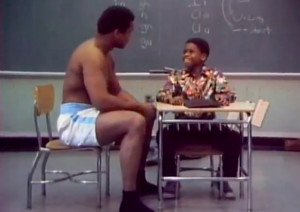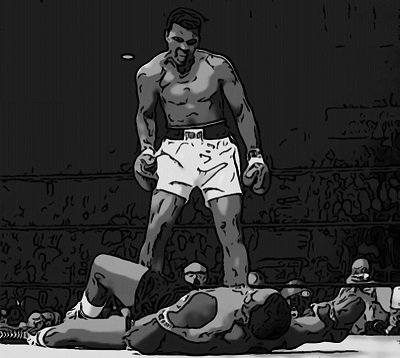Are you a humble person? There is no test, so how can you be sure? Will others agree or disagree with your self assessment?
Humble is defined one way in the dictionary. It’s clinical definition is a person who has a lower economic or social status.
‘Humble’ can have another meaning that is not mathematically clinical.
If someone were to say “that person is humble” it can infer someone who does not draw an absolute distinction between their individual importance and that of others.
Their mass on a human scale is not weighed against the contributions of others. The humble person does not conceive of themselves as a volatile currency.
This is one attribute of social intelligence and perhaps it is the most elastic type of intelligence.
I believe a humble person feels a kindred to humanity, in some magical way they are tethered.
It’s a sustained quality. A humble person is not assigned by religion, political association, race, education or any layers of the onion too far above the heart and mind.
Humble can either be possessed at birth, acquired from loss and reiterated learning or it may forever be neglected. That person who chooses to neglect humbleness cannot appreciate the gift in others because they are not attached by that same cord.
It has been my experience from all the people I have known on both sides of the humble seesaw that humble people define themselves by who they are, not what they are.
It’s a life changing difference.
A residual value that a humble person collects is they recover better from loss. Humble people change better and adapt and humble people can be deeply honest with less effort because it does not jeopardize who they are
This post has the featured image of Muhammad Ali. It is a classic photograph of Ali doing what he does. Ali regularly came to my school to film skits for Candid Camera. I was 10 years old and went to PS41.

Ali was a 3 time world heavyweight champion, a Vietnam war activist that gave up his career without any assurances of being able to restore his living. Yet this is how he defined himself and his life when asked by George Plimpton how he would like to be remembered when he is gone:
“I’d like for them to say he took a few cups of love, he took one tablespoon of patience, teaspoon of generosity, one pint of kindness. He took one quart of laughter, one pinch of concern, and then, he mix willingness with happiness, he added lots of faith, and he stirred it up well, then he spreads it over his span of a lifetime, and he served it to each and every deserving person he met.”
